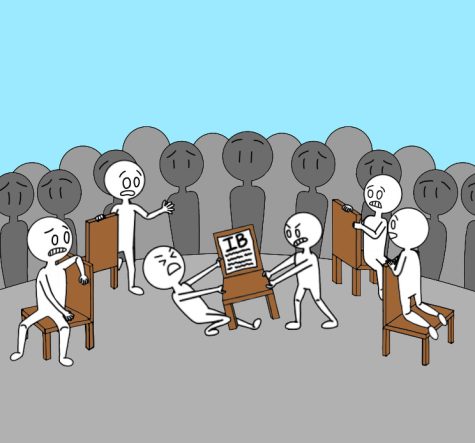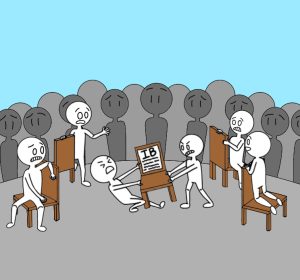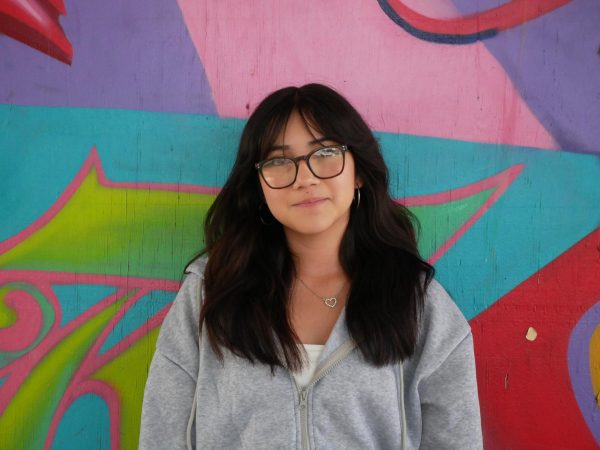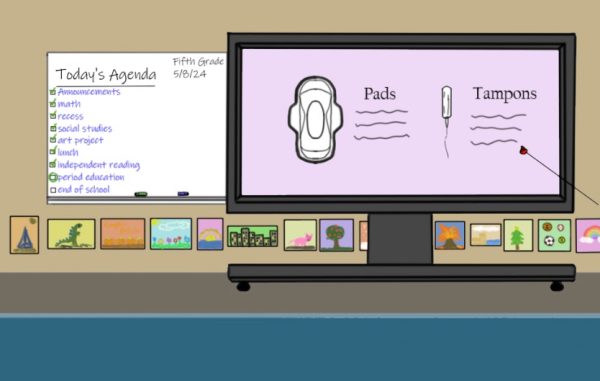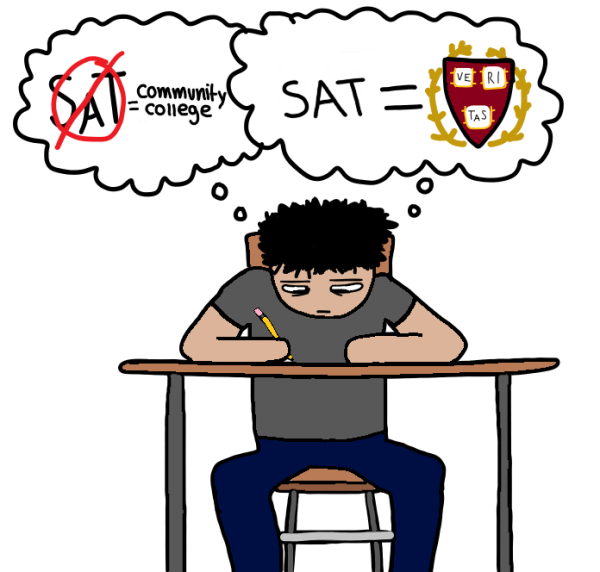At the fork in the path of IB and AP, choose IB
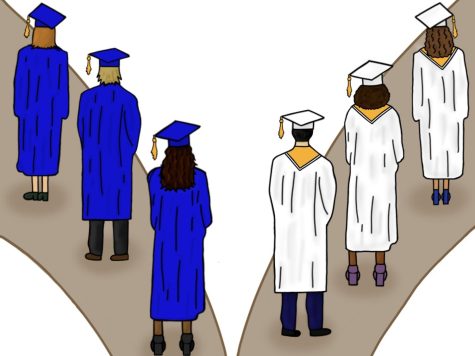
Students line up by the counseling center, waiting to be called in. With each step, nervousness strikes. The long-awaited moment has finally come for students, as they choose their classes for next year. But, doubt settles in as students are not sure which classes they should take.
For Bonita Vista High (BVH) students who will attend the next school year from 2022-2023, the time has come for them to think about what classes they should take. For some, it will be an easy decision. However, for others, choosing classes can become a challenging process. This is because students want to dedicate their education towards classes that will benefit them in the future.
For most students’ future, they see themselves attending postsecondary schools. According to the Education Data Initiative, in the United States (U.S.), 66.2 percent of high school graduates go on to postsecondary study. But first, in order for these students to stand out, they try to participate in extracurriculars, take Advanced Placement (AP) classes, sign up for the International Baccalaureate (IB) program and more. Cambridge Dictionary defines AP as a program for high school students offering classes that are equal to college courses.
But going down the AP path is not a student’s only option. Luckily, for BVH students, the school offers the IB program. BVH defines IB as, “a comprehensive and challenging pre-university course of study that demands the best from both motivated students and teachers.” Although this program might seem similar to AP classes, there are many key aspects that differentiate the two courses.
“One of the big differences between AP and IB is that in AP, all of [the] college credit comes from a single test at the end. IB does have an exam at the end, but there are also other authentic assessments along the way [during the school year] that are designed to assess students in different ways,” IB Program Coordinator and Math Analysis & Approaches Higher Level 2 teacher Jared Phelps said.
Additionally, The Princeton Review states that AP exams have a grading scale that ranges from one to five. In order to have a passing score, students need to earn at least a three. Though there are many students that have been determined every year to pass, some students may not be aware of the requirement, needing a three or more on the AP exam, for AP classes to count as college credit.
For students who take AP classes, the process can be timely and cost-consuming. Though this does apply to the IB course as well, it has shown that AP classes are not as rewarding as students thought they were. According to the Progressive Policy Institute, almost half of the top schools within the U.S. do not count AP scores of three or less for college credit, therefore not having any benefits.
All AP classes take one year to complete. Each teacher’s main focus is to get their students prepared for the AP exam which usually takes place in May. Because of this, most students in AP classes do not learn, but rather memorize the information needed to pass the class and AP exam.
But compared to the IB program, a study conducted by the Journal of Advanced Academics showed that graduates who took IB classes felt they were exposed to the necessary critical thinking and time management skills that prepared them for post secondary studies. ” possibility of getting accepted to a university, developing skills and having the opportunity to challenge oneself. — Eliza Noblejas
I think there’s a reason that IB students feel like they are well prepared for college because they realize that the things that they had to do to manage their work are the same kinds of challenges they are expected to deal with in college,” Phelps said.
Furthermore, a study from Crimson education, a world-leading university admissions consulting company, showed that the acceptance rate for IB students to get into Ivy League schools was proven to be 18 percent higher than the total population’s acceptance rate. When students choose to challenge themselves and take IB classes, they are able to set themselves apart from their high school classmates and raise their chances in the college admissions pool. This is especially important for students who see themselves pursuing an education after high school is over.
In addition, the IB program can be attractive to students who aim to study abroad, as it is not only an overall rigorous course for students but an internationally recognized diploma. According to an article by the U.S. News & World Report, “IB students are more likely to enroll in college, choose more selective universities and perform better during their undergraduate studies.”
Although the IB program is shown to favor those who are up to the challenge, this two-year course may not be attractive and favorable to students as IB classes can be demanding. From IB teachers assigning various essays, collaborative projects, internal assessments and more.
“IB is really challenging. It is not necessarily the most challenging thing. There are ways that you can participate in the IB program that is not challenging, but I do think that you can’t approach the IB program without attempting to be well-rounded [while also] open-minded.” Phelps said.
Though the program is overwhelming, this should not be the defining reason why people falter back from taking a few IB courses. With this, students would still have the opportunity to take other electives and classes.
The IB program has different approaches towards every student’s pathway. If students feel the need to be ambitious, then it would be best for students to take the path of IB because of the increased possibility of getting accepted to a university, developing skills and having the opportunity to challenge oneself.
“The IB program as a whole is trying to say [that] this is not just about college credit [or] this is not just about getting ready for college. This is about who we are as people,” Phelps said. “I feel like having a program that’s built around the development of people, and not just the development of academic skills that provide advanced placement in college is just as good.
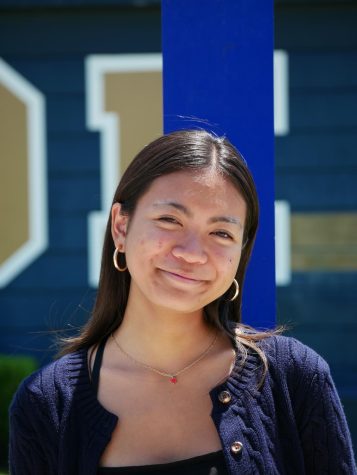
I am a junior at Bonita Vista High and this will be my second year on the Crusader. Currently, I am the Features Copy Editor, previously being the Opinion...
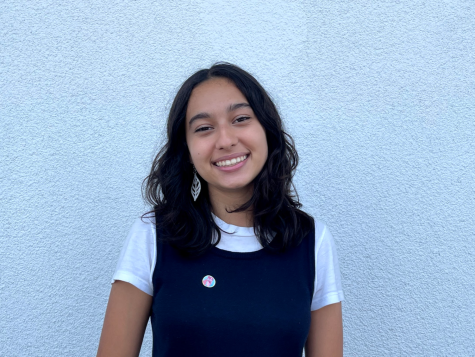
I am a Senior at Bonita Vista High and this is my second year as a staff member for the Crusader. I am now CPS Editor and previously was News Editor. ...


